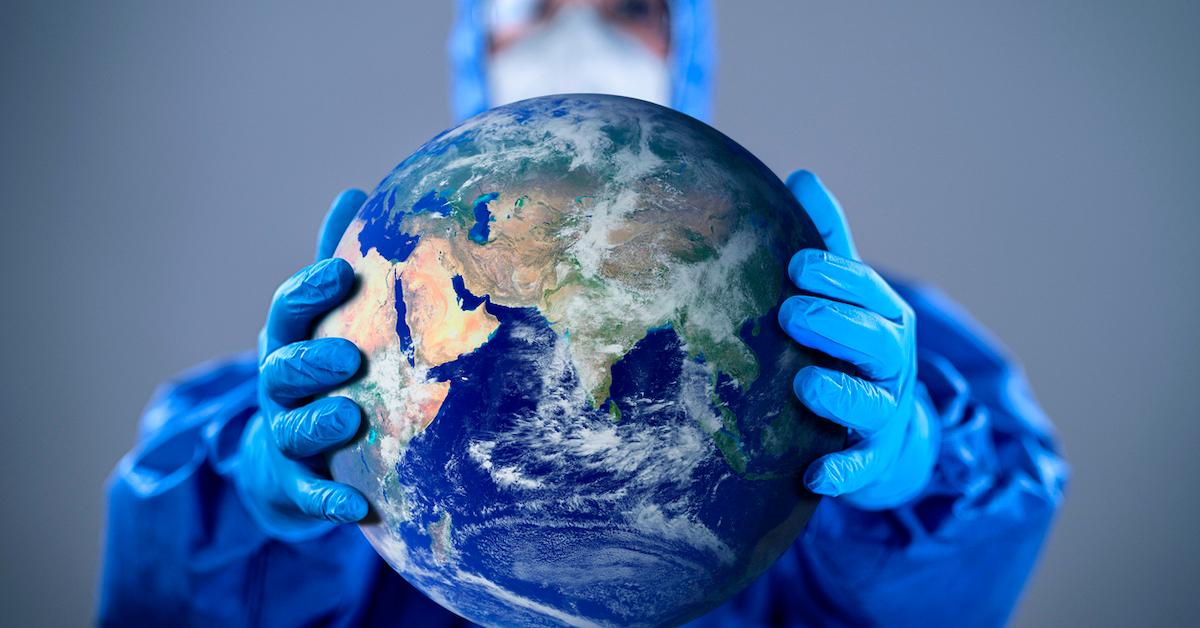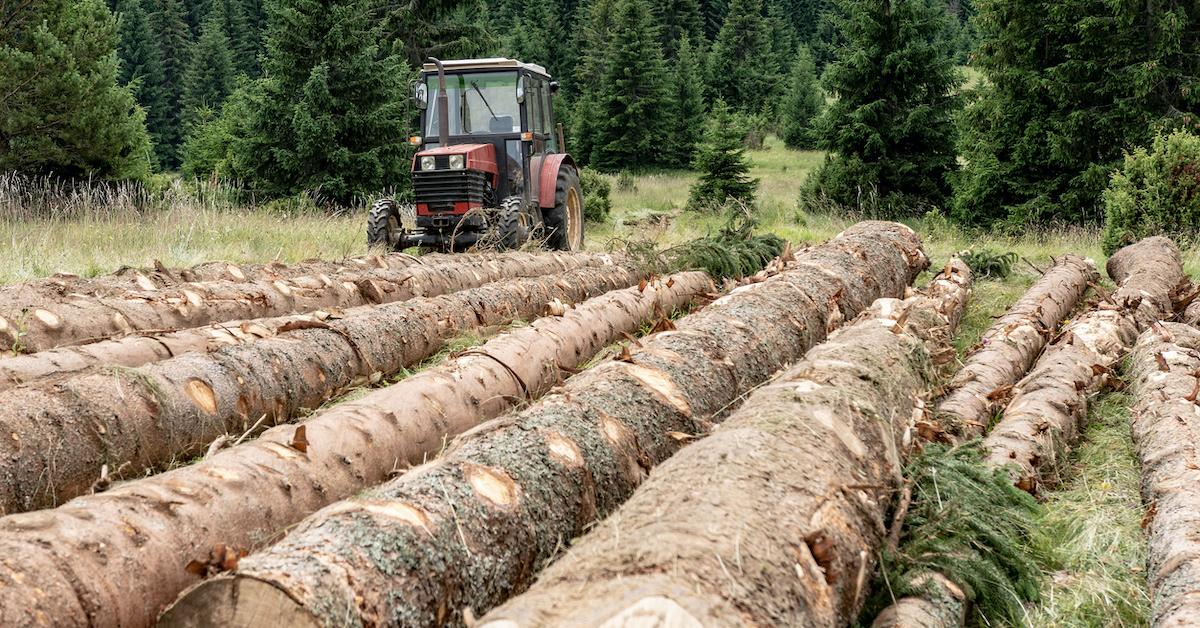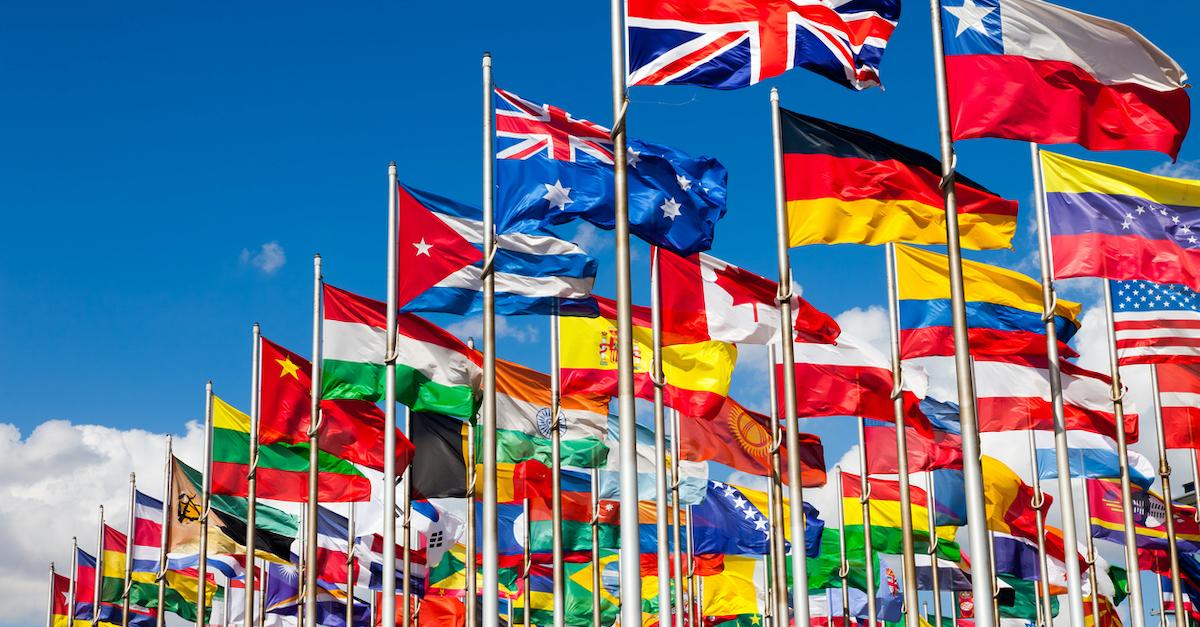Pandemic Prevention Will Cost Us $30 Billion — But the Coronavirus Is Costing Us Trillions
Updated July 28 2020, 3:30 p.m. ET

Unless you're over 100 years old, you most likely haven't experienced a true pandemic in your lifetime, prior to the COVID-19 outbreak. And while those who lived through the Spanish flu stayed home and hoped for the best, they weren't necessarily looking at future outbreak prevention. But with several recent disease outbreaks, from SARS, to Zika, and now the coronavirus, scientists are looking into what it would take to prevent future pandemic outbreaks... and it could cost us billions of dollars.
“Tens of billions of dollars is a lot of money. But it’s nothing compared to what we’re spending on these diseases," said Lee Hannah, a scientist involved in the new pandemic prevention study. "The U.S. spends $30 billion a year on HIV care. So it’s just common sense that we should address this."

Pandemic prevention may be expensive, but this pandemic alone is financially astronomical.
Scientists have concluded that the global spread of COVID-19 is mostly due to how humans interact with nature, wildlife, and livestock, and preventing a future pandemic will require humankind to make several key changes to our way of life. And although disease prevention will cost approximately $30 billion, according to Fast Company, it will cost less than our response to the pandemic, could amount to $5.6 trillion by the end of 2020, and up to $20 trillion in economic and mortality costs.
Furthermore, scientists believe that by spending up to $30 billion per year on prevention over the next decade, we could would ultimately lose less than one percent of what the pandemic has already cost. To start, they're looking to spend up to $15 billion per year on decreasing deforestation, as well as implementing better conservation programs for farmers, lowering global wildlife consumption, and conducting more testing on humans and animals, especially in high-risk places.

Leaders are looking to start implementing pandemic prevention bills.
Chris Coons and Lindsey Graham apparently have already introduced a pandemic prevention bill called the Global Wildlife Health and Pandemic Prevention Act, which was introduced back in May 2020. It demands that we make an effort to close any and all "high risk" wildlife markets, while aiming to prevent wildlife disease transmission on a global scale, however, Hannah feels it isn't putting enough money into the cause.
“They’ve got to figure out a way to ramp this up by tenfold in order to really significantly reduce pandemics... If we’re sane and rational and believe in the science, then the hope is great,” Hannah says. Needless to say, this is a life-or-death matter, and money-wise, investing in prevention will be totally worth it.

It seems as though we are taking a stand and rallying together on a global scale, to prevent future pandemics such as the current COVID-19 outbreak. Between the Green Recovery Plan, China's ban on wildlife trade, and this proposed prevention plan, we're ready to unite and fight disease outbreak as a whole. But once everything subsides, sticking to our plans and investing what's needed is absolutely dire, as people's lives are truly at stake.